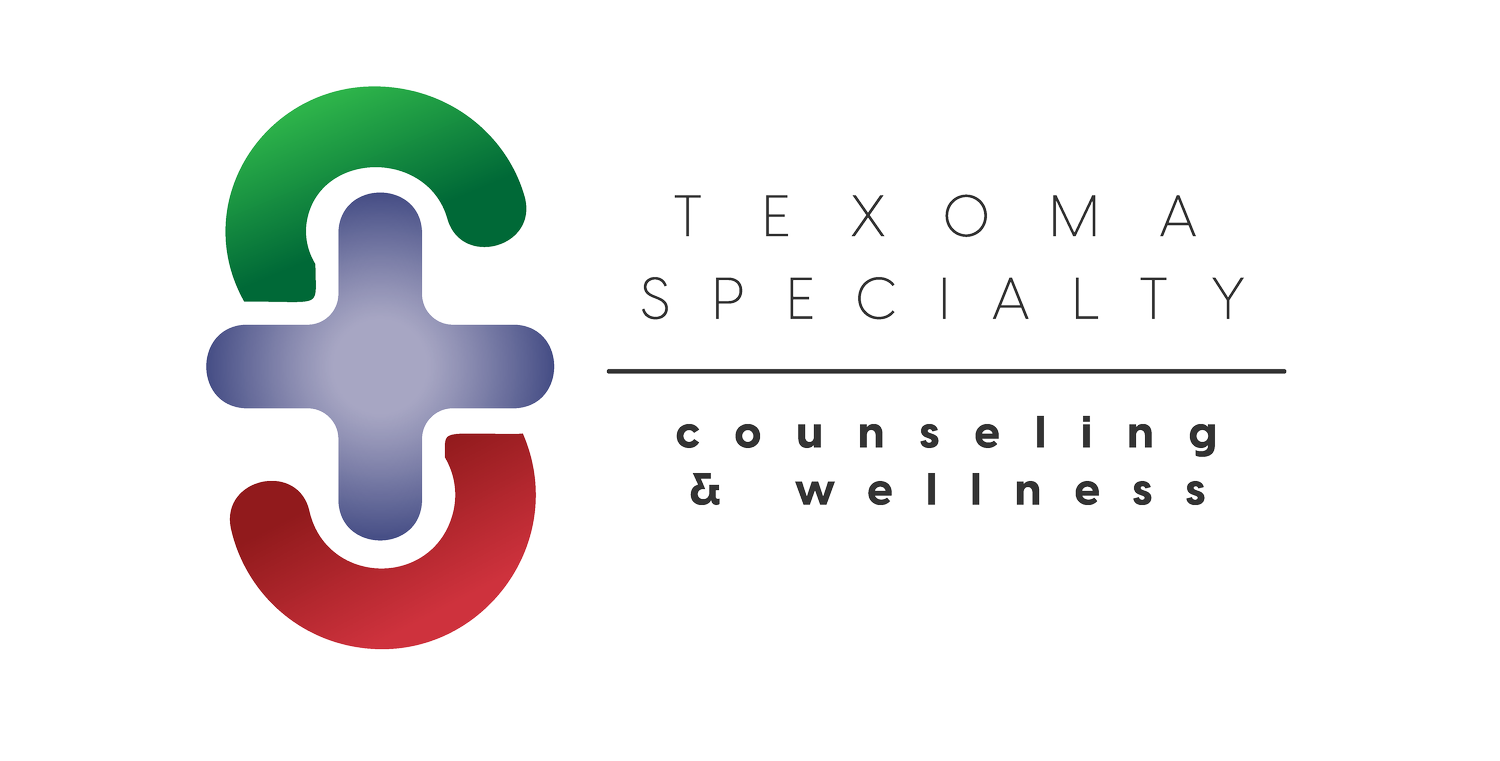💬 The Impact of Social Media on Self-Esteem, Body Image, and Self-Harm
Understanding the Risks & Healthy Coping Strategies
Social media can connect us—but it can also create unrealistic expectations, lower self-esteem, and contribute to harmful behaviors. This blog explores the psychological effects of social media, harm reduction strategies, and how counseling can help foster resilience and healing.
Social media has become a central part of daily life. While it can help us stay connected, share experiences, and find support, it also carries risks—especially when it comes to self-esteem, body image, and self-harm behaviors.
🌐 The Risks of Social Media on Mental Health
Research shows that excessive social media use can negatively impact how people view themselves. Constant exposure to curated, filtered, and idealized images often leads to:
Low Self-Esteem: Comparing yourself to others online can foster feelings of inadequacy and self-doubt.
Body Image Concerns: Exposure to unrealistic beauty standards can increase dissatisfaction with one’s own body.
Self-Harm Risks: Negative self-talk and online exposure to harmful content can contribute to urges of self-harm as a coping mechanism.
Teens and young adults are particularly vulnerable, as social media often shapes their developing sense of identity and self-worth.
💡 Coping Strategies for Healthy Social Media Use
While avoiding social media altogether may not be realistic, there are ways to reduce its harmful effects:
⏰ Limit Screen Time: Set daily boundaries and take intentional breaks.
🧡 Curate Your Feed: Follow accounts that promote positivity, diversity, and authenticity. Mute or unfollow anything that triggers comparison or distress.
🧘 Practice Digital Mindfulness: Notice how you feel before, during, and after scrolling. If your mood worsens, it may be time to pause.
🌳 Balance with Offline Activities: Spend time in nature, engage in hobbies, or connect with others face-to-face.
🗣️ Talk About It: Open up with trusted friends, family, or a counselor if social media starts affecting your confidence or well-being.
🌱 Harm Reduction for Body Image & Self-Harm
For individuals struggling with body image or self-harm, a harm reduction approach can be an important step toward healing. Rather than focusing only on stopping harmful behaviors, harm reduction emphasizes safety, compassion, and gradual change.
Examples include:
🧊 Safer Alternatives: Use grounding techniques, journaling, or holding ice cubes instead of self-harming.
💪 Body Neutrality: Focus on what your body can do—its strength, movement, and resilience—instead of how it looks.
🤝 Support Networks: Reach out to trusted people or professionals when urges arise.
🧠 Professional Counseling: Therapists can help explore underlying emotions and develop safer coping skills through individualized care.
🕊️ How Counseling Can Help
Counseling provides a safe, non-judgmental space to talk about the impact of social media, body image struggles, and self-harm. Therapists can help with:
Building healthier coping strategies
Developing self-compassion and body acceptance
Addressing underlying anxiety, depression, or trauma
Supporting harm reduction and long-term recovery
👉 If you or someone you know is struggling with body image or self-harm, know that help is available. At Texoma Specialty Counseling & Wellness, we are here to walk alongside you with compassion and support.


